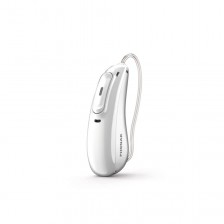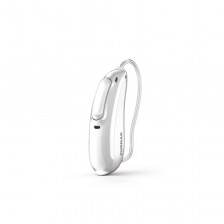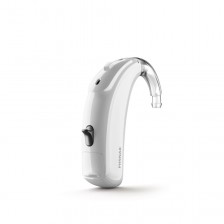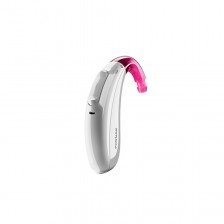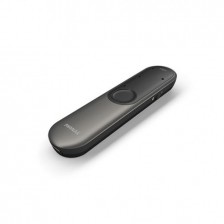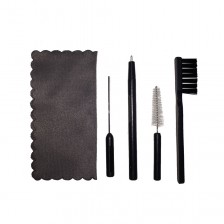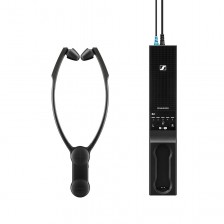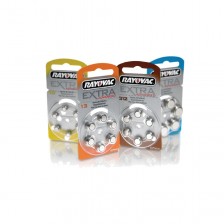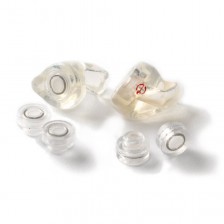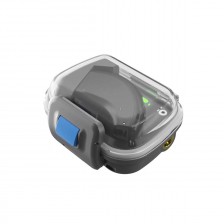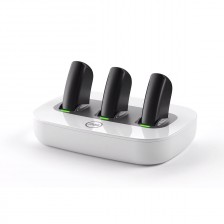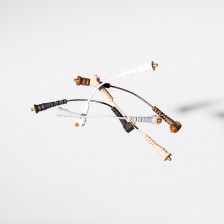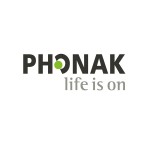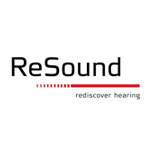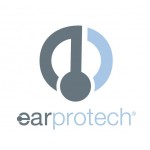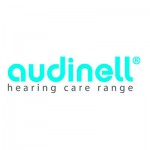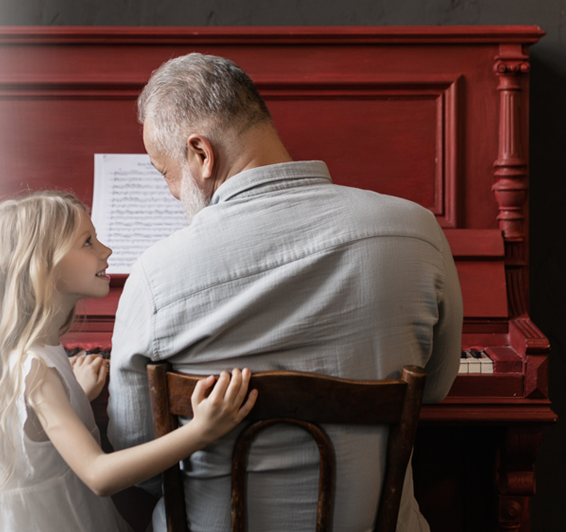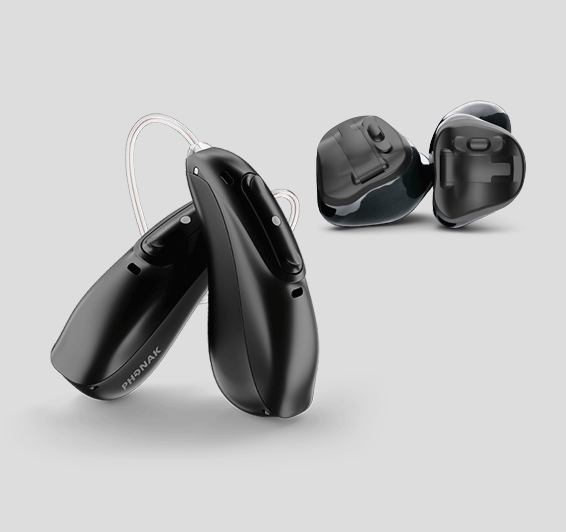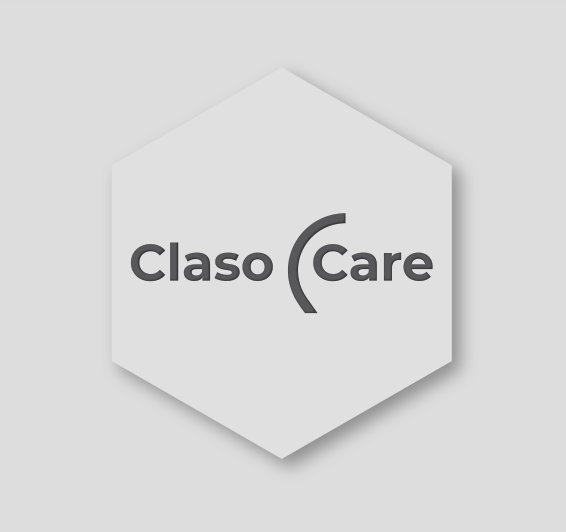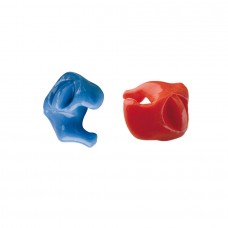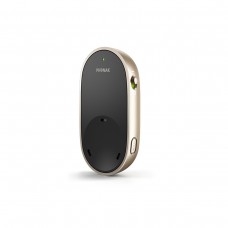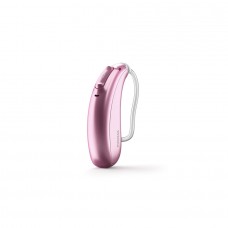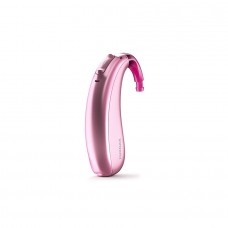Where can I check my child deafness

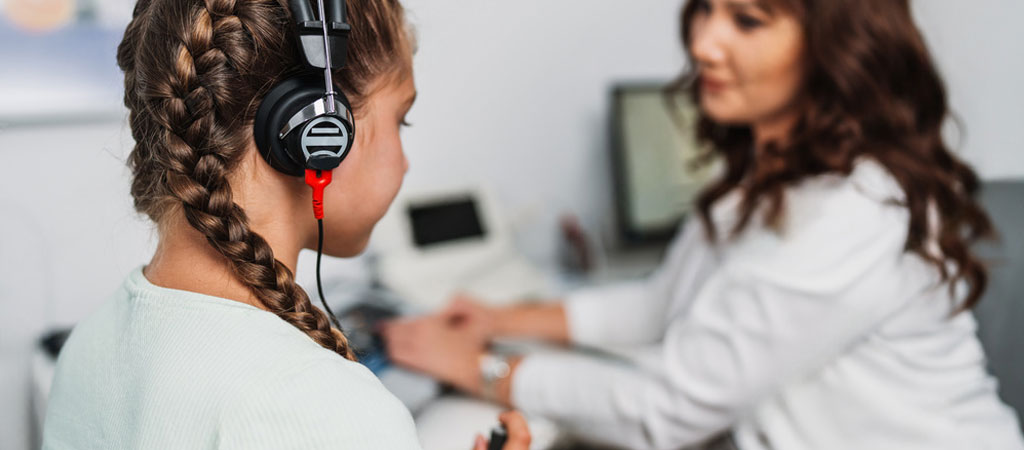
Hearing children plays an extremely important role in learning and communication. Hearing loss can cause the child to isolate himself from the environment and consequently cause a delay in learning. For this reason, we consider that checking your hearing periodically is something that should be given more importance than what is given. Especially since a child probably cannot or does not know how to express his or her hearing problem or increased hearing loss as an adult could.
In this post we are going to inform you where you can go to measure your child's hearing, keep reading to find out everything:
Otorhinolaryngologist
It's the doctor in charge of pathologies of the nose, throat and ear. You should ask your child's pediatrician to refer you to their service. If your child has not been screened for childhood hearing loss after birth, it is very important that you make an appointment to do so. The point against choosing this option is that the waiting time will probably be longer than what we would have if we went to a hearing care professional.
In an otorhinolaryngology consultation, the following tests are performed to assess the hearing status of babies, children and adolescents:
- OAE (Otoacoustic emissions): It is especially done in babies, it is usually done by protocol at birth. This test analyzes the inner ear.
- BAEP (Brainsteam Auditory Evoked Potential): This test is used in patients who are not cooperative and is also done per protocol at birth. Measures the electrical activity of the auditory nerve.
- OTOSCOPY: Observation of the external auditory canal.
- TYMPANOMETRY: This test gives us information about middle ear status.
- AUDIOMETRY: this test measures the ability of each ear to perceive sound. From two to three years old, they adapt audiometry with toys that emit calibrated sounds and from the age of 4, normal audiometry begins.
Audiologist
Audiologists are the professionals in charge of fitting hearing aids. In most hearing centers you can give your daughter periodic hearing checks for free. A point in favor of choosing this option is that the waiting times at a hearing center are considerably shorter than the option of going to an otorhinolaryngologist doctor. We recommend going to a hearing center with personnel specialized in pediatrics, our center on 27 Girona Street is one of them.
In the hearing centers we carry out the following tests:
- OTOSCOPY: Observation of the external auditory canal.
- TYMPANOMETRY: This test gives us information about middle ear status.
- AUDIOMETRY: this test measures the ability of each ear to perceive sound. In pediatric hearing centers we adapt audiometry according to the patient's age or level of collaboration. We have different techniques to do audiometry so that the child interprets it as something fun, as if it were a game.
- HEARING AID FITTING: In the case of detecting hearing loss, we offer hearing aids to correct it.
As you can see, depending on your purpose, it is better for you to go to one place or another. We hope that by reading this publication we have managed to resolve your question.
